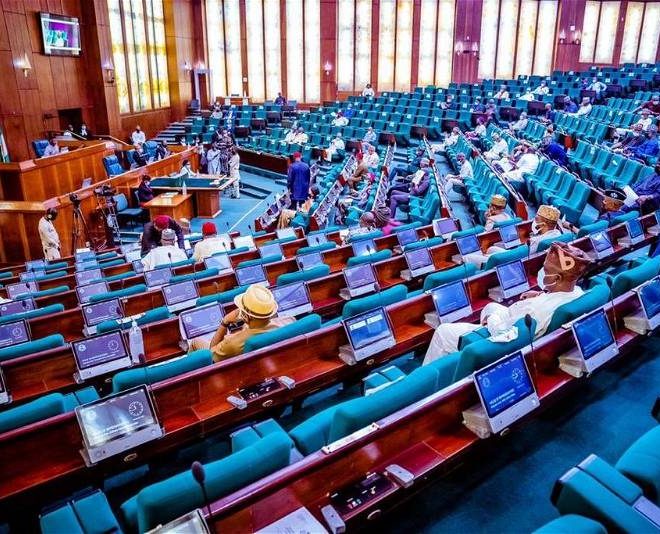The House of Representatives on Tuesday directed the Nigerian Electricity Regulatory Commission to prevail on distribution companies to stop the estimated billing of electricity consumers across the country.
The House also urged NERC to sanction the DisCos for their poor supply of power to consumers and devise means of working out compensation packages for individuals, communities private, and public entities for the investment in the distribution network.
This is just as the House further charged its Committee on Power (when constituted) to interface with NERC and DisCos to address all issues making effective distribution of power difficult in the country.
This followed the adoption of a motion by Afuape Moruf, a member representing Abeokuta South Federal Constituency of Ogun State, calling on the regulator to address challenges faced by electricity consumers.
Moruf, in his motion, argued that the 11 DisCos across the country have continued to render abysmal poor services to consumers, contrary to the Electricity Act, 2023.
He described as worrisome the fact that consumers pay for their meters, cables, and transformers, yet they are disconnected at will by DisCos.
He said, “The Distribution Companies raked in a whopping N247.33 billion in the first quarter of 2023 as against N232.32 billion generated in the fourth quarter of 2022, representing a rise by 20.81 per cent compared to N204.74 billion generated first Quarter of 2022 (year-on-year consideration).
“Whereas electricity supply declined from 5,956 (Gwh) in the first quarter of 2022 to 5,852 (Gwh) first quarter of 2023 (year-on-year consideration), despite the increase in earnings; the distribution companies have demonstrated unfaithfulness toward the social contract with Nigerians, as enshrined and enhanced by the transitional effect of the Electric Power Reform Act, 2005 to the Electricity Act, 2023.
“NERC has watched helplessly while communities, individuals, and corporate organisations assumed the responsibilities of providing electricity transmission facilities (meters, cables and transformers) where they are either not available or repaired, where the same are faulty.
“Whereas, the commission can act within the ambit of its own created service charter that outlines consumer rights, obligations, expected service levels, and redresses applicable to them.
“While NERC watches the DisCos abdicate their responsibilities to communities, individuals, corporate bodies, and public institutions, no compensation mechanism has been evolved to ensure either an outright refund of these third-party investments in the distribution network or a possible conversion of same to electricity credits for the use of these ‘investors”

